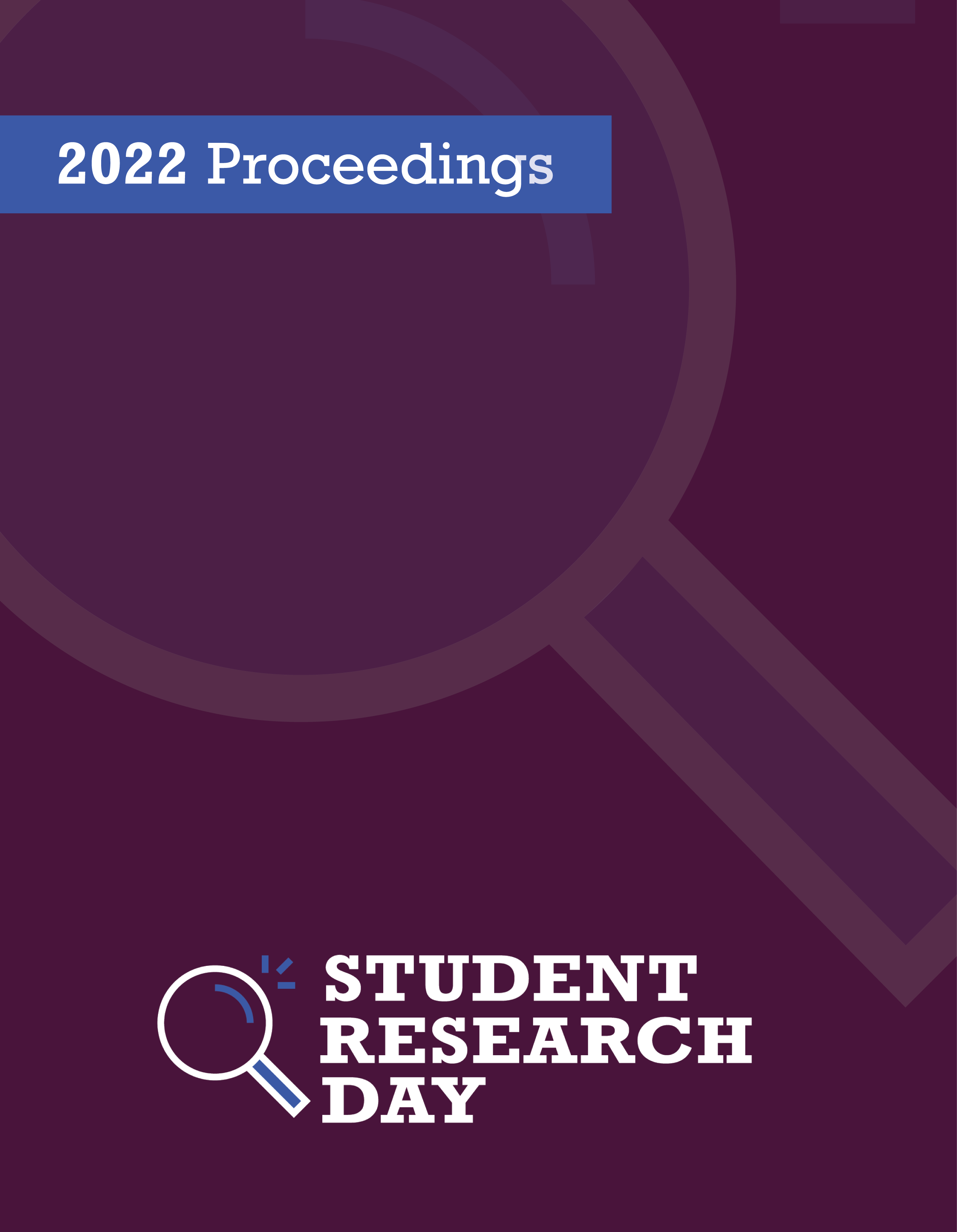Species Characteristics that Affect Biodiversity Monitoring Using Citizen Science
Abstract
With the sixth mass extinction underway, monitoring biodiversity is now more crucial than ever. Scientists often face a plethora of logistical challenges when it comes to monitoring biodiversity. Citizen science proves to be an effective and cost-efficient solution to spatial and temporal mass data collection that could be utilized to monitor biodiversity. However, since biodiversity is so vast, certain species are reported less often than others based on their characteristics.
Characteristics such as whether a species can be classified as a pest, game, fur-bearer, or conflict species, and even species COSEWIC status, are factors that could affect reporting rates from citizen scientists. Utilizing data retrieved from the citizen science application, NatureLynx, these characteristics are analyzed via Chi-Squared tests to demonstrate if the presence or absence of these characteristics influences the detection and report rates of vertebrate species. In addition, the anticipated significance of this research can be applied to future biodiversity or single-species monitoring studies for scientists to determine whether citizen science is an appropriate methodology for their research.
Department: Biological Sciences
Faculty Mentor: Dr. Jessica Haines
References
Published
Issue
Section
License
Authors retain any and all existing copyright to works contributed to these proceedings.



